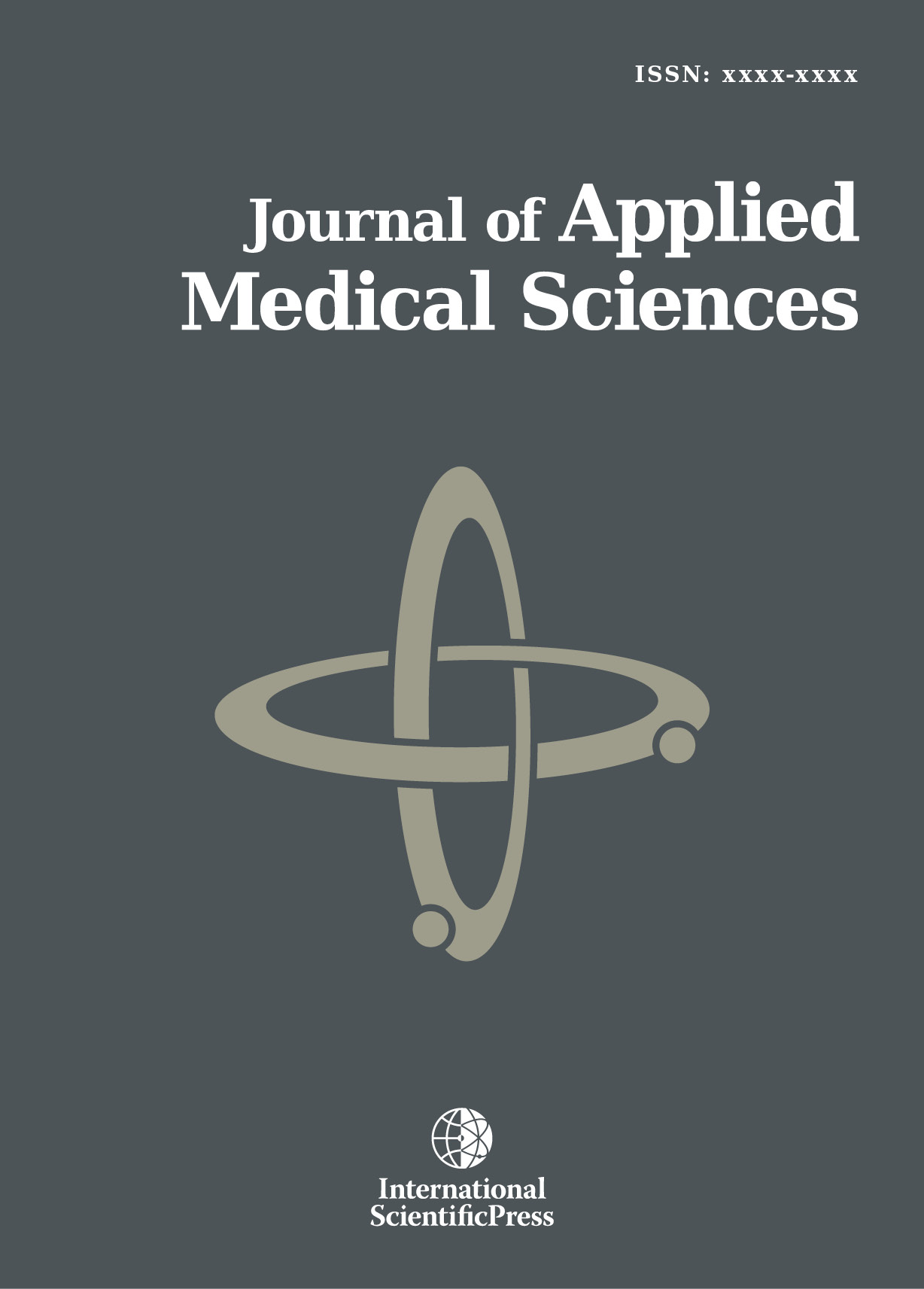Journal of Applied Medical Sciences
Effect of Prolonged Fasting (more than Eight Hours) on Fasting Plasma Glucose and Glycemic Control
-
 [ Download ]
[ Download ]
- Times downloaded: 25386
-
Abstract
Background: Diabetes mellitus is a chronic illness that requires continuing medical care and ongoing patient self-management education and support to prevent acute complications and to reduce the risk of long-term complications. Diabetes care is complex and requires multifactorial risk reduction strategies beyond glycemic control. A large body of evidence exists that supports a range of interventions to improve diabetes outcomes and glycemic control is first target to achieve this .Aim of the work our work aimed to study the effect of prolonged fasting more than 8 hours on plasma glucose level and glycemic control in type II diabetic patients. Subject and methods: The study included 415 diabetics (201 male & 214 female) with type II diabetes mellitus recruited from Fayoum university hospitals, and their age ranged from 35 to 65 years old. A Full medical history including the patient`s age, sex, duration of diabetes, drugs used in treatment of diabetes and history of hypoglycemia or DKA. All patients were instructed to have their usual medications and their usual dinner at the usual time ( around 7 pm ) then venous samples were obtained at 8, 10, 12 and more than 12 hours of an overnight fasting and also HbA1c was measured. Results showed that after 10 hours of fasting only 10 (2.4 % ) of the patients had FBS readings that were inconsistent with that recorded at 8 hours of fasting and could change the decision or the dose of the drug or drugs used to control the blood sugar or even the whole treatment strategy compared to the reading at 8 hours that was supposed to be the standard duration, while at 12 hours or more than 12 hours of fasting 56 (13.5 % ) and 93 (22 .4% ) of the patients respectively had FBS readings that could change the dose of the drug or drugs used to control the blood sugar compared to the reading at 8 hours of fasting and the differences were found to be statistically significant (p <0.05).It was also found that patients treated with DPP4 inhibitors plus metformin as well treated with DPP4 inhibitors plus basal insulin have more consistent FBS measurements at different fasting durations with less fluctuation. On the other hand patients treated with premixed insulin or sulfonylurea have more inconsistent FBS measurements at different fasting durations with more blood glucose fluctuation. Conclusion: This study concluded that the maximum hours of overnight fasting beyond it the readings will not be accepted or it will affect the glycemic control are 10-11 fasting hours. So, we can recommend the measurement of fasting plasma glucose after overnight fasting (8 to 11 hours) to reach the target goals for good glycemic control, and to avoid diabetic complications.
